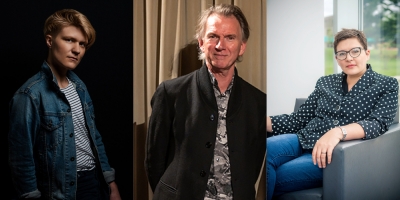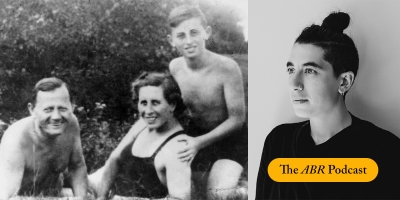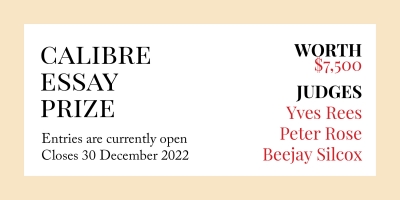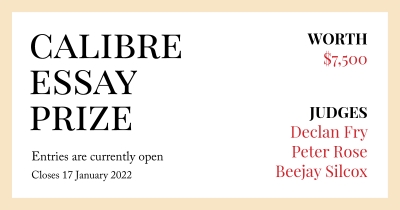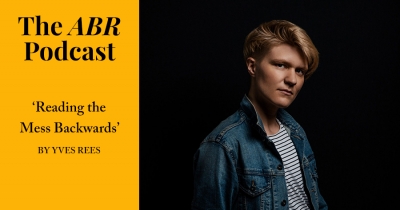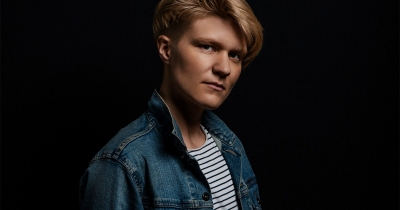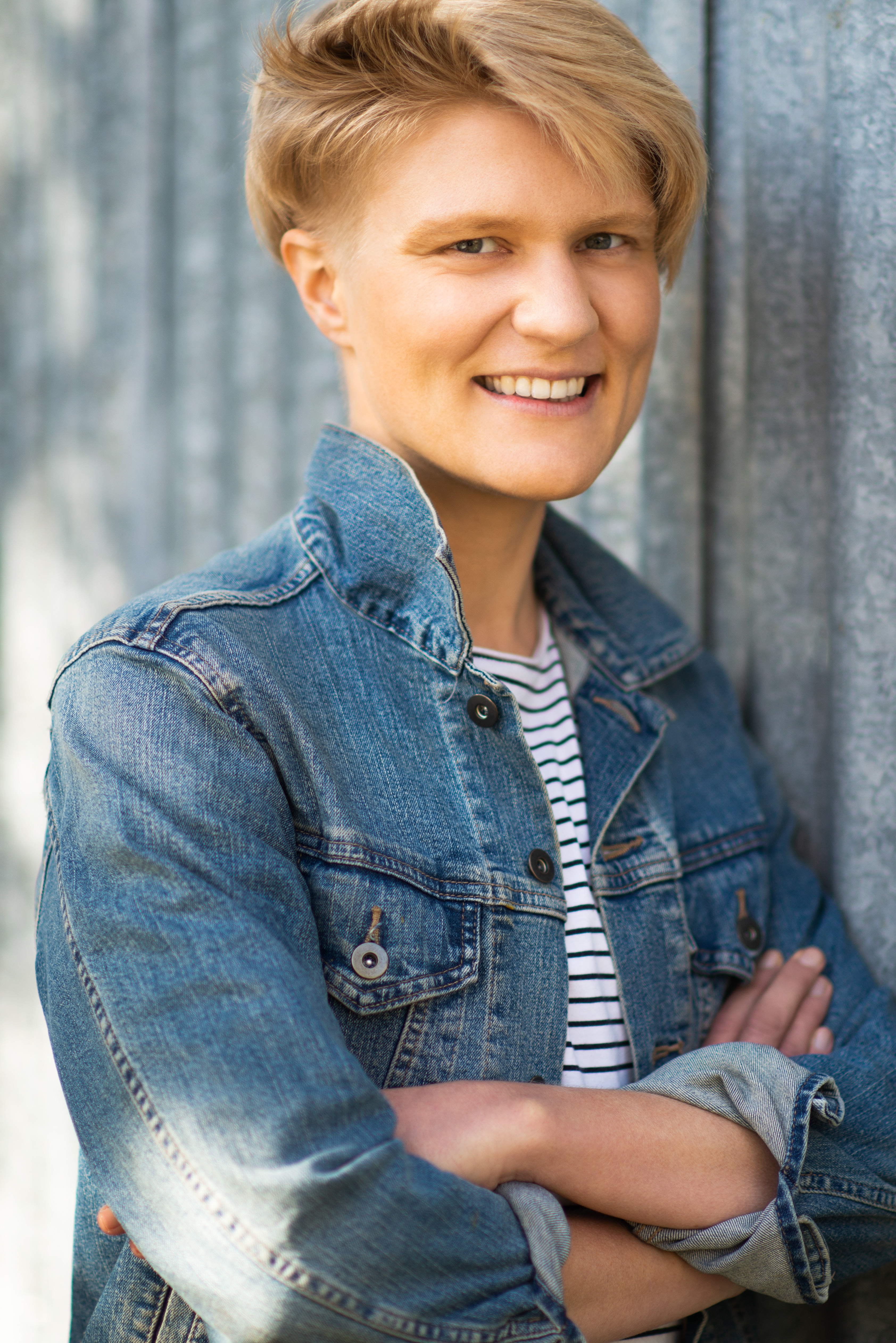Calibre Prize
Calibre Prize
Since announcing the joint winners of the third Calibre Prize, we have received many compliments for Jane Goodall’s and Kevin Brophy’s winning essays, and various expressions of support for Calibre. Several of these appear on our website, and this month we also publish letters from Elisabeth Holdsworth inaugural winner of the Calibre Prize in 2007 and from Nicholas Jose, who also writes about the Macquarie PEN Anthology of Australian Literature in this issue.
It is very pleasing to be able to announce that Copyright Agency Limited, through its Cultural Fund, will sponsor the fourth Calibre Prize, for which ABR now seeks entries. Once again the Prize is worth $10,000, making it one of the world’s most lucrative awards for a new essay. This year we are adding a second Prize Young Calibre which is open to those aged twenty-one and under. Young Calibre is worth $3000 not a bad start for a brilliant secondary student or undergraduate. More details appear on page 9, and both sets of guidelines and entry forms are available on our website or from the ABR office.
... (read more)New Partner for ABR
Let’s be candid. Producing a magazine of this kind is not easy in a country with a small population and one where the life of the mind (even if not ‘the least of possessions’, to quote Patrick White) rarely commands the attention or glamour often associated with sporting events and other fashionable distractions.
... (read more)The runner-up in this year’s Calibre Essay Prize, Sarah Gory’s essay ‘Ghosts, Ghosts Everywhere’ confronts spectres of the past in order to pose questions about how to live ethically in the present and about what responsibilities we bear towards the future. Drawing on a wide range of writers and thinkers as well as her grandfather’s experience of the Holocaust, Gory plots the process by which one generation’s traumatic suffering becomes another’s imaginative investment.
... (read more)Entries are now open for the 2023 Calibre Essay Prize, worth $7,500. The Prize is open to all essayists writing in English. We seek essays of between 2,000 and 5,000 words on any subject. We welcome essays of all kinds: personal or political, literary or speculative, traditional or experimental. Founded in 2007, the Calibre Prize is one of the world’s leading prizes for a new non-fiction essay.
... (read more)Distinguished classical musician Simon Tedeschi has won the sixteenth Calibre Essay Prize, worth a total of $7,500.
Simon receives $5,000 for his essay ‘This Woman My Grandmother’, while as the runner-up, Sarah Gory receives $2,500 for her submission, ‘Ghosts, Ghosts Everywhere’. The winning essay is available to read online and has been published in the May issue of ABR. The runner-up essay will appear in a future issue of the magazine.
... (read more)Enter the $7,500 Calibre Essay Prize, judged this year by Declan Fry, Peter Rose, and Beejay Silcox.
... (read more)Sometime late morning it begins, a root of something that only as it grows do you recognise as pain. You have had coffee, as you do every morning, and now you feel the kind of heaviness that sends you to lie down. At home, the friend who is staying with you, whom you half invited and who may have misinterpreted your keenness for company, notes your early return and approves of your plan to retreat. For both of you it has been a year frantic with change and learning and emotion, and even if it is likely indulgent – so what, you’ve earned the right to call a morning off the books and instead take a heat pack and wish it were night all over again. She even microwaves the heat pack for you. You take it to bed where you think you will read or watch television or luxuriate in some way.
... (read more)The Calibre Essay Prize is one of the world's leading prizes for an original non-fiction essay. This year was the fourteenth time ABR has presented the prize, which is now worth a total of $7,500. The winner of this year's prize is Dr Yves Rees, whose essay is titled 'Reading the Mess Backwards'. Rees, who came out as transgender aged 31, describes their essay as 'a story of trans becoming that digs into the messiness of bodies, gender, and identity'. The full essay appears in the June-July issue of ABR.
... (read more)
